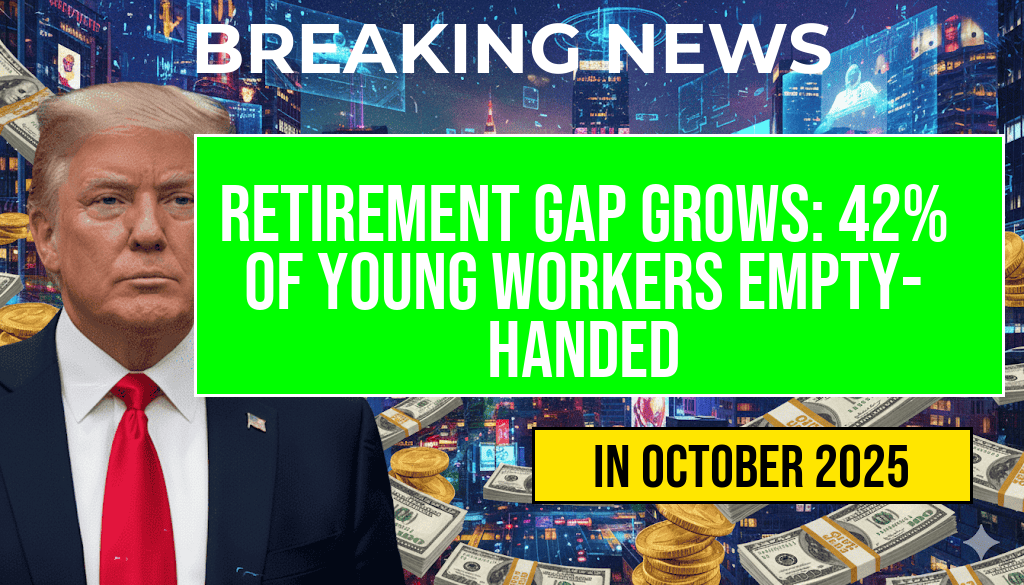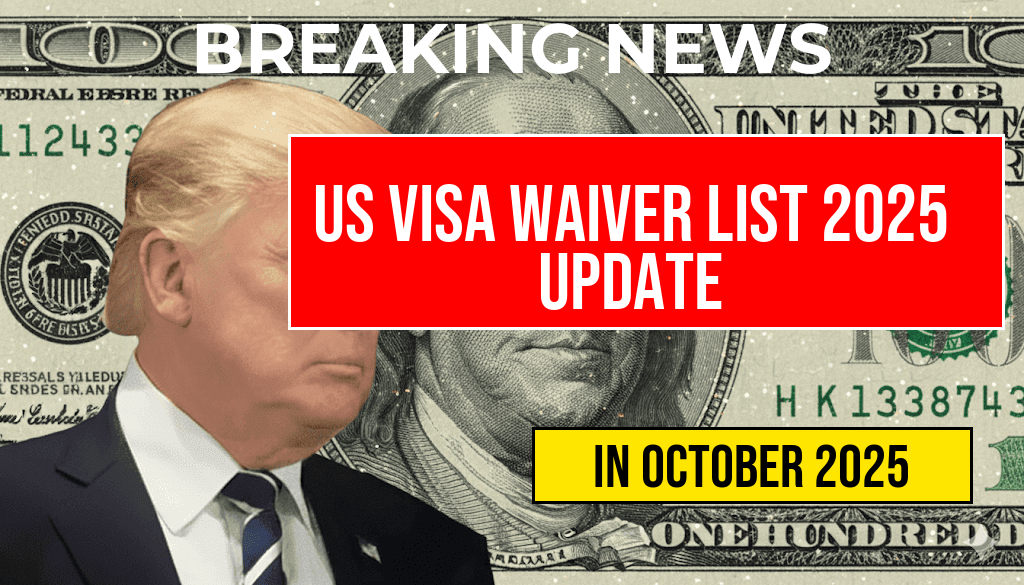Washington D.C. has solidified its position as the American city with the highest minimum wage, setting it at $17.95 per hour as of 2024. This marks an increase from previous years and underscores the city’s ongoing commitment to improving earnings for low-wage workers. The district’s robust economic growth, coupled with policy initiatives aimed at reducing income inequality, has driven wage adjustments that surpass those of other major metropolitan areas. Local policymakers have emphasized that a higher minimum wage can contribute to economic stability, reduce reliance on public assistance, and boost consumer spending. Meanwhile, advocates for wage increases continue to push for even more substantial hikes, arguing that the cost of living, driven by rising housing and transportation costs, demands ongoing attention. As other cities consider similar measures, Washington D.C.’s policy landscape offers a compelling case study in balancing economic growth with fair wages.
Background on Washington D.C.’s Minimum Wage Policy
The District of Columbia’s minimum wage has experienced consistent growth over the past decade, reflecting a proactive approach by city leaders. The current rate of $17.95 per hour was established following a series of phased increases mandated by local legislation. These measures aim to reach a target of $18.00 per hour by mid-2024, with some annual adjustments tied to inflation metrics. The city’s minimum wage laws apply broadly to most workers, with exceptions including certain tipped employees and specific seasonal roles.
Factors Driving the Wage Increase
Economic Growth and Revenue
- Washington D.C. has seen steady economic expansion, particularly in sectors like government contracting, technology, and hospitality.
- The city’s unemployment rate remains below national averages, supporting wage growth initiatives.
- Increased tax revenues enable funding for social programs and wage adjustments.
Cost of Living Considerations
- Housing prices in D.C. have risen sharply over the past five years, with median rent now exceeding $2,000 per month in many neighborhoods.
- Transportation and healthcare costs also contribute to a higher baseline for living expenses.
- Policy advocates argue that wages need to keep pace with these rising costs to maintain economic stability for low-income residents.
Impact on Employers and Workers
| City | Minimum Wage | Cost of Living Index (2024) |
|---|---|---|
| Washington D.C. | $17.95 | 118.3 |
| Seattle | $16.50 | 112.7 |
| San Francisco | $16.99 | 186.5 |
| New York City | $15.75 | 123.4 |
While many small businesses express concern about increased labor costs, larger employers and government agencies have generally adapted well to the wage hikes. Some sectors, particularly retail and hospitality, report increased staffing costs but also note benefits such as higher employee morale and reduced turnover. Workers earning the minimum wage often report improved financial stability, although some still struggle with the rising expenses associated with city living.
Policy Challenges and Future Directions
Balancing Growth and Affordability
As Washington D.C. continues to lead in minimum wage levels, policymakers face the challenge of balancing economic growth with affordability. Critics argue that rapid wage increases could lead to inflationary pressures, potentially impacting small business viability. Conversely, supporters contend that fair wages are essential for sustainable economic development and social equity.
Potential for Further Increases
- Local officials are considering proposals to incrementally raise the minimum wage beyond $18.00 per hour.
- Some advocacy groups are pushing for a minimum wage of $20.00 per hour, citing the need to match the rising cost of living.
- Legislative debates focus on phased implementation and support measures for small businesses to absorb wage hikes.
Comparative Perspective
Washington D.C.’s minimum wage surpasses many other large U.S. cities, reflecting its unique economic and political landscape. For context, the federal minimum wage remains at $7.25 per hour, although many states have enacted higher rates. States like California and New York have minimum wages approaching or exceeding $15.00 per hour, but D.C.’s rate remains the highest among major urban centers. This disparity underscores ongoing national debates over living wages and economic equality.
Sources and Further Reading
- Minimum wage in the United States – Wikipedia
- Forbes – Washington D.C. Leads with Highest Minimum Wage at $17.95
Frequently Asked Questions
What is the current minimum wage in Washington D.C.?
The minimum wage in Washington D.C. is currently set at $17.95 per hour.
How does Washington D.C.’s minimum wage compare to other states?
Washington D.C. has the highest minimum wage in the United States, leading all other states and jurisdictions.
When did Washington D.C. increase its minimum wage to $17.95?
The minimum wage increase to $17.95 was implemented as part of recent legislative measures to improve worker wages in Washington D.C.
Are there plans to increase the minimum wage further in Washington D.C.?
Current policies indicate that Washington D.C. plans to maintain or potentially increase its minimum wage in the future, depending on economic conditions and legislative decisions.
Who is affected by the minimum wage in Washington D.C.?
The minimum wage impacts hourly workers across various sectors in Washington D.C., including retail, hospitality, and service industries, ensuring fair compensation for their work.






